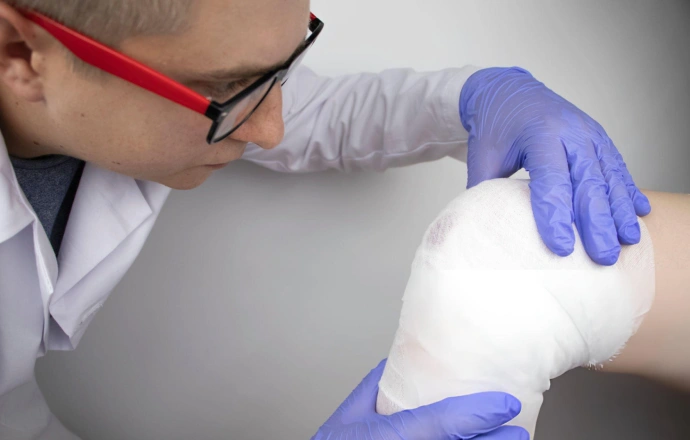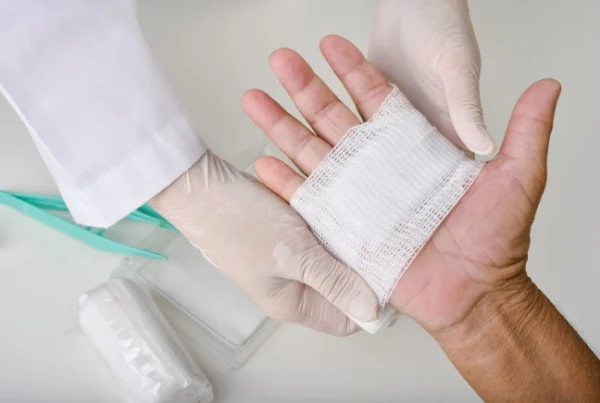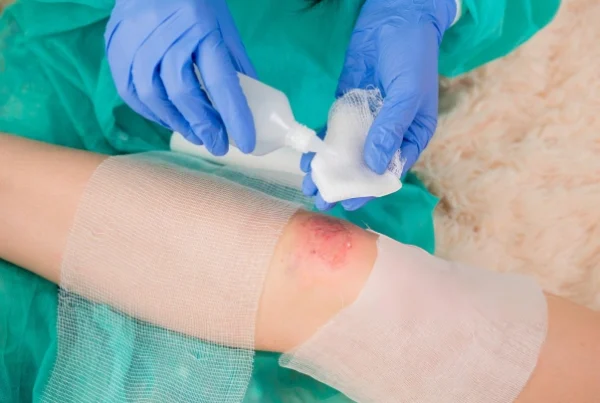
Wound care is a critical part of healthcare, yet not all wounds are the same. Understanding the different types of wounds and their healing processes can help providers and patients alike make better decisions about care.
The field of wound care has seen significant advancements in recent years, thanks to modern technology. From artificial intelligence to biologics, these innovations are transforming how wounds are treated.
AI-Driven Diagnostics
AI tools can analyze wound images to assess size, depth, and infection risk. These insights allow providers to make more accurate and timely decisions.
Biologic Products
Advanced products like amniotic membrane grafts and exosomes support wound healing by stimulating natural regeneration processes. These biologics can be particularly effective for chronic wounds.
Smart Dressings
Modern dressings now incorporate sensors to monitor moisture levels, pH, and temperature, ensuring wounds remain in an optimal environment for healing.
Digital Health Records
Specialized electronic medical record systems designed for wound care allow providers to track progress and adjust treatments in real-time.
Conclusion
Modern technology in wound care is not just about healing faster—it’s about healing smarter. By integrating these innovations, providers can deliver better, more personalized care.


